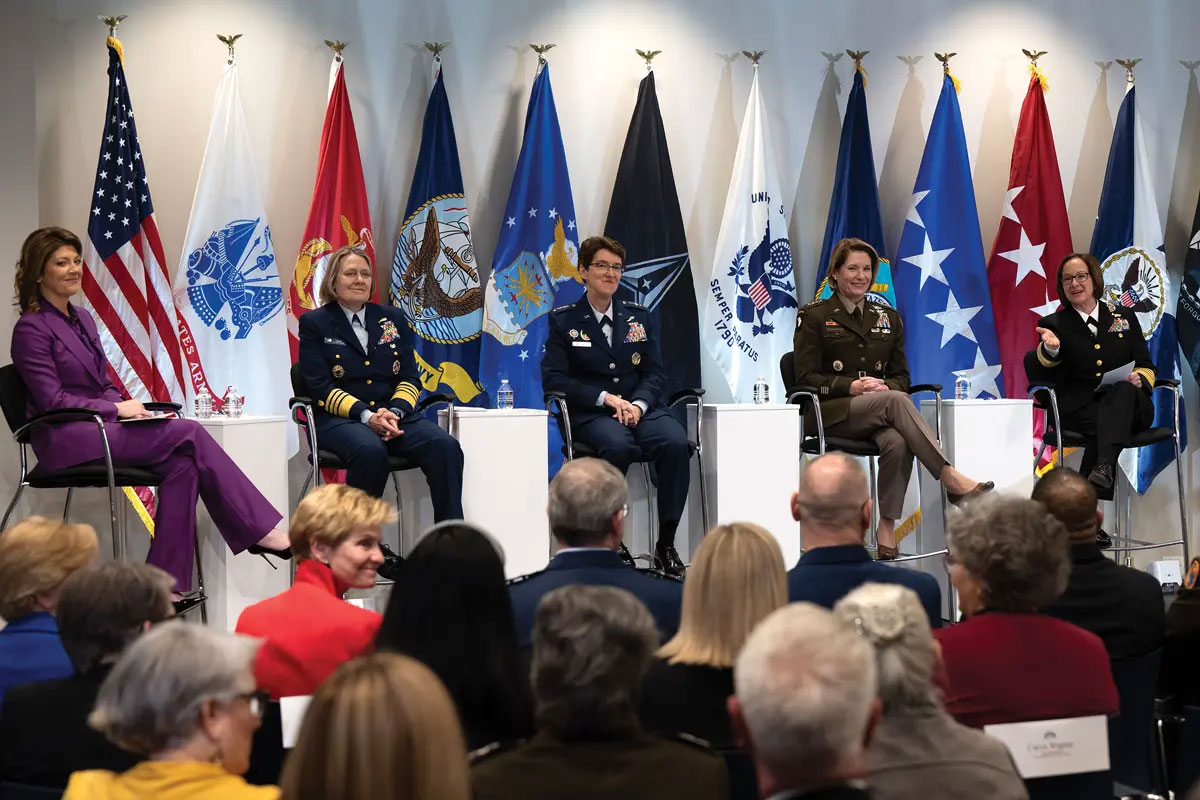
Col. Adrian “A. J.” Sullivan, U.S. Army
Allison Abbe, PhD
A study examines women officers’ experiences regarding gender in the Army and provides recommendations to build a more gender-inclusive Army culture.
Published 28 July 2023
Download the PDF 

By Valerie M. Hudson, PhD
Hilary Matfess
In an excerpt from “In Plain Sight: The Neglected Linkage between Brideprice and Violent Conflict,” originally published in International Security, the authors discuss how certain cultural aspects of male-female relationships not only subjugate women, but they can also destabilize nations by incentivizing violence and facilitating recruitment into insurgent groups.
Published in the January-February 2018 edition of Military Review, p. 34
Download the PDF 

By Lieutenant Colonel Miemie Winn Byrd, U.S. Army Reserve, and
Major Gretchen Decker, U.S. Army Reserve
Gender prejudices and traditional assumptions belie an increasing threat from radicalized women. It is time to consider gender issues in designing counterterrorism strategies.
Published in the July-August 2008 edition of Military Review, p. 96
Download the PDF 
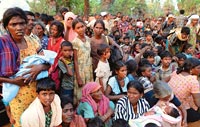
The Security of Women, The Security of States
Valerie M. Hudson, PhD
Bonnie Ballif-Spanvill, PhD
Mary Caprioli, PhD
Chad F. Emmett, PhD
A revision of a chapter by the authors of Sex and World Peace (Columbia University Press, 2012), this article provides a compelling argument that there is a significant linkage between the treatment of women and state-level economic variables and state security.
Published in the May-June 2017 Edition of Military Review, p 18.
Download the PDF 

Incorporating United Nations Security Council Resolution 1325 into the Operational Environment
By Master Sgt. Vince Lowery, U.S. Army
In a companion piece to “The Heart of the Matter,” the author examines the considerable positive effect caring for vulnerable populations, specifically women, can have on mission success during stability operations. He argues for an increased emphasis on women, peace, and security during planning and training for combat operations. (Second Place, NCO Journal writing contest)
Published in the May-June 2017 Edition of Military Review, p 35.
Download the PDF 
External Links Disclaimer
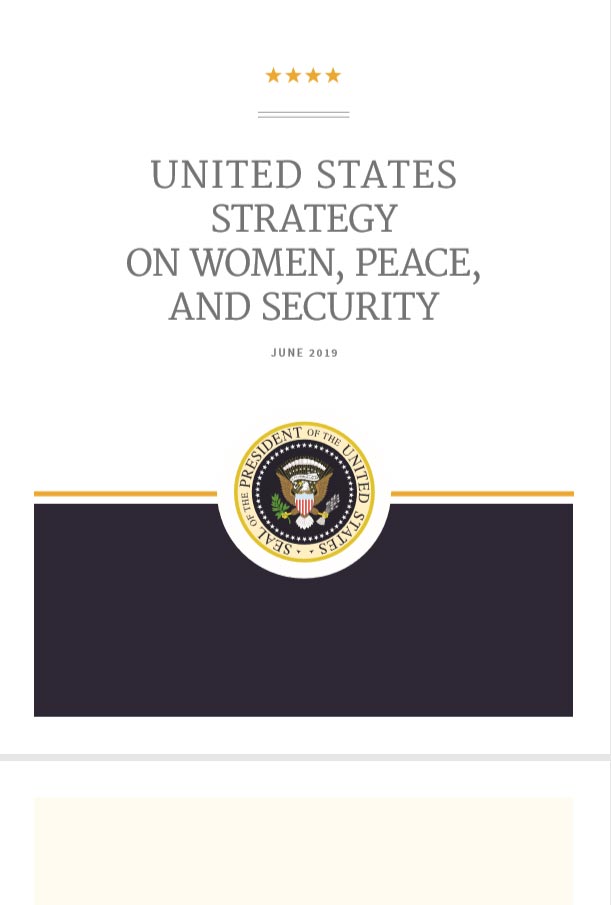
Publisher United States Strategy on Women, Peace, and Security
The Trump Administration is committed to advancing women’s equality, seeking to protect the rights of women and girls, and promoting women and youth empowerment programs. The United States Strategy on Women, Peace, and Security (WPS Strategy) responds to the Women, Peace, and Security Act of 2017, which President Donald J. Trump signed into law on October 6, 2017.
Published under Executive Order 13595: Women, Peace, and Security Act of 2017 (Public Law 115-68-Oct. 6, 2017) -June 2019
Download the PDF 
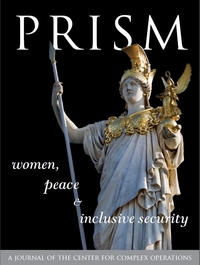
Women, Peace & Inclusive Security
Publisher Dr. Joseph J. Collins
PRISM is published by the Center for Complex Operations. PRISM is a security studies journal chartered to inform members of U.S. Federal agencies, allies, and other partners on complex and integrated national security operations; reconstruction and state-building; relevant policy and strategy; lessons learned; and developments in training and education to transform America’s security and development.
Published by PRISM - Ocotober 2016
Download the PDF 
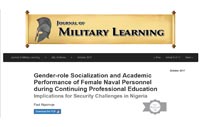
Implications for Security Challenges in Nigeria
By Paul Akpomuje
This paper reports on a recent study that investigated gender issues in the continuing professional education (CPE) of the Nigerian Navy. Successful participation in CPE determines professional advancement, and only top-ranking personnel take part in decision making about issues of security.
Published by the Journal of Military Learning - Ocotober 2017
Download the PDF 
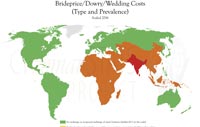
The Neglected Linkage between Brideprice and Violent Conflict
By Valerie M. Hudson
Hilary Matfess
Approximately seventy-five percent of the world's population lives in countries where asset exchange upon marriage is obligatory. Rising brideprice—money or gifts provided to a woman's family by the groom and his family as part of marriage arrangements—is a common if overlooked catalyst of violent conflict. In patrilineal (and some matrilineal) societies where brideprice is practiced, a man's social status is directly connected to his marital status. Brideprice acts as a flat tax that is prone to sudden and swift increases.
Published by International Security, Vol. 42, No. 1 (Summer 2017), pp. 7–40, August 02, 2017
Download the PDF 